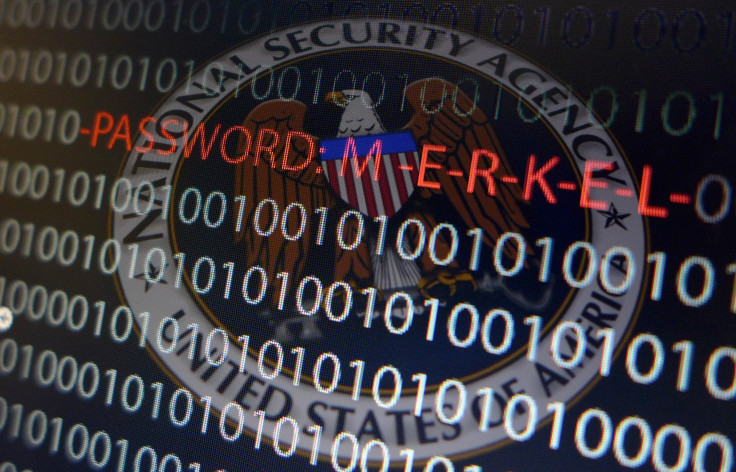NSA Internet Surveillance Is Legal, A Presidential Privacy Board Concludes

A bipartisan presidential commission has concluded that the National Security Agency has been acting in the national interest in pursuing a widespread and controversial set of surveillance programs.
A five-member Privacy and Civil Liberties Oversight Board, appointed by President Barack Obama, concluded on Tuesday that NSA programs designed to collect chunks of Internet data within the U.S. use “reasonable” safeguards to protect the rights of Americans. The board also offered a series of policy recommendations to strengthen privacy safeguards.
“Overall, the Board has found that the information the program collects has been valuable and effective in protecting the nation’s security and producing useful foreign intelligence,” the board said in a report, which will be voted on at a public meeting on Wednesday in Washington. “Operation of the Section 702 program has been subject to judicial oversight and extensive internal supervision, and the Board has found no evidence of intentional abuse.”
However, the board also observed that, in some instances, the implementation of NSA programs raised privacy concerns, pushing them “close to the line of constitutional reasonableness. Such aspects include the unknown and potentially large scope of the incidental collection of U.S. persons’ communications.”
The NSA's current spying activities function under a provision known as Section 702, which has its roots in the Terrorist Surveillance Program implemented after the 9/11 attacks. It was added in 2008 to the Foreign Intelligence Surveillance Act of 1978 to allow the agency to collect and track electronic communications initiated by foreigners living outside the U.S. when their telephone calls, emails, web chats and text messages enter the country.
Section 702 also covers the divisive PRISM program, which allows NSA to collect foreign communication data from technology companies, such as Google Inc. (NASDAQ:GOOGL), Facebook Inc (NASDAQ:FB), Microsoft Corporation (NASDAQ:MSFT) and Apple Inc. (NASDAQ:AAPL).
The NSA is accused of also spying on communications made by Americans, in its effort to glean information on terrorist activities and foreign intelligence. After the unauthorized disclosure of classified documents by former NSA systems administrator Edward Snowden, many people expressed concerns, and criticized as unconstitutional, the practice of secretly collecting troves of data about Americans' communications over the Internet without their approval.
However, the board, which consists of a Democratic federal judge, two privacy experts and two former Republican justice department officials, found that the NSA surveillance is legal and realistic.
“Overall, the board finds that the protections contained in the Section 702 minimization procedures are reasonably designed and implemented to ward against the exploitation of information acquired under the program for illegitimate purposes,” the board said in the report. “The board has seen no trace of any such illegitimate activity associated with the program, or any attempt to intentionally circumvent legal limits.”
The report also offered recommendations to help the government push NSA programs “into the sphere of reasonableness” to ensure that the agency can perform its duties while operating within Constitutional limits.
However, according to Associated Press, exactly how the government would utilize the information obtained through Section 702, and the extent to which the information would help authorities investigate domestic law enforcement cases, remains unclear.
© Copyright IBTimes 2024. All rights reserved.






















